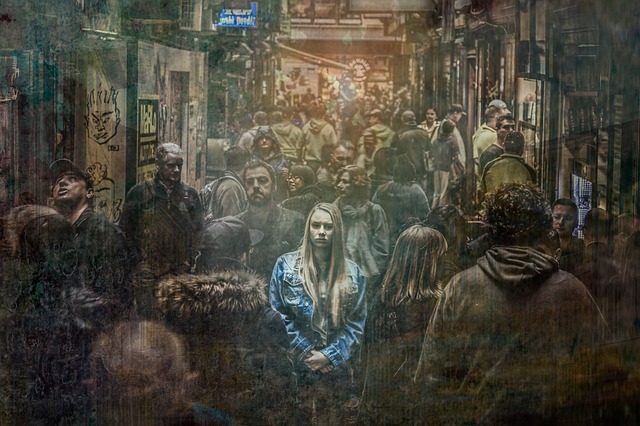The rise of social media has transformed how we connect, communicate, and consume information. However, as we immerse ourselves in the digital world, many are grappling with the looming shadow of digital anxiety. This term encapsulates the stress, worry, and unease that can stem from our online interactions, a feeling that has become increasingly common in an era where social media is central to our everyday lives.
Social media platforms are designed to keep us engaged, leveraging algorithms that encourage frequent interactions. The need for validation through likes, shares, and comments can lead to a compulsive cycle of checking notifications, resulting in heightened feelings of anxiety. Users find themselves trapped in a loop, seeking approval from their peers while simultaneously facing the harsh reality of unrealistic comparisons. This phenomenon is particularly pronounced among younger generations, who are often more vulnerable to the pressures of maintaining an online presence.
Furthermore, the constant barrage of curated content can contribute to feelings of inadequacy. People scroll through seemingly perfect lives, impressive accomplishments, and idyllic relationships, often forgetting that what they see is not the whole story. This curated reality can amplify feelings of isolation and self-doubt, leading to increased digital anxiety for those who feel they don’t measure up.
Social media’s impact on mental health has prompted discussions around digital addiction. The need to be constantly connected can prevent individuals from engaging in real-life relationships and activities, perpetuating a cycle of loneliness that feeds into their anxiety. As the lines between virtual and real-life interactions blur, it becomes essential to recognize when online engagement shifts from a source of connection to a source of distress.
To combat digital anxiety, establishing healthy boundaries with social media is crucial. This might mean taking regular breaks, curating one’s feed to include positive influences, or opting for in-person interactions whenever possible. Moreover, being aware of how social media makes us feel can empower users to take control of their digital journeys. By understanding the triggers of digital anxiety, individuals can navigate their online lives more consciously.
The conversation around the impacts of social media on mental health is more important than ever. By fostering environments that encourage open discussions about digital anxiety and addiction, we can begin to undo some of the harm caused by constant connectivity. With awareness and intentionality, we can reclaim our relationship with technology, ensuring it serves as a tool for connection rather than a source of stress.



